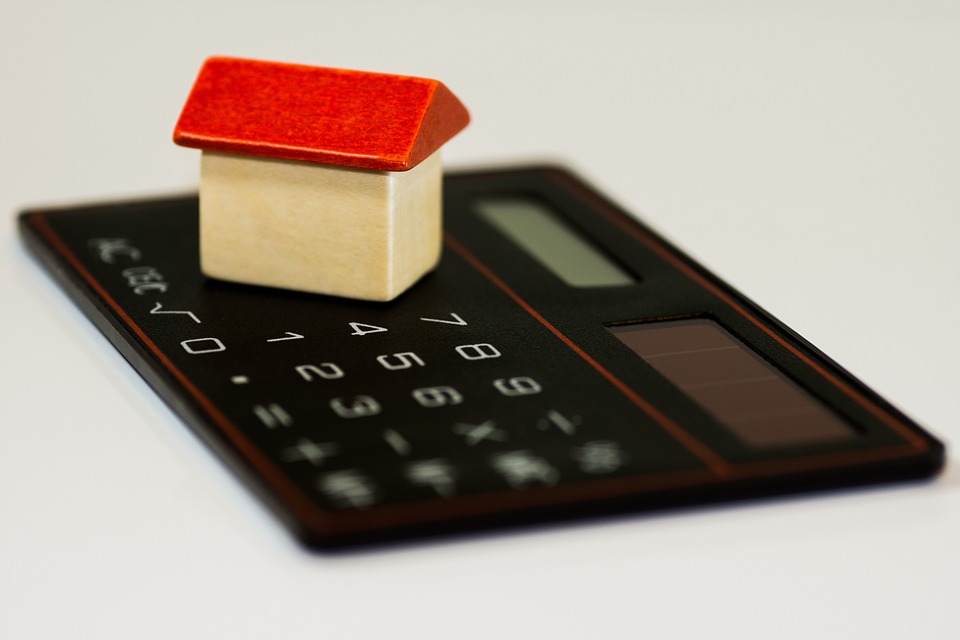Obtaining a mortgage is a significant financial decision that requires careful consideration and planning. Lenders assess several factors when evaluating mortgage applications, including credit history, income and debt obligations.
Payday loans are short term loans which have gained popularity in recent years. However, their impact on the chances of securing a mortgage is often a topic of concern amongst borrowers.
With this in mind, this article examines the potential effects of payday loans on mortgage eligibility and discusses why these loans may influence lenders’ decisions. By understanding the relationship between payday loans and mortgages, borrowers can make informed choices and take appropriate steps to enhance their chances of securing a mortgage.
What Exactly Are Payday Loans?
Payday loans are quick loans that are typically granted to individuals who require immediate access to funds before their next paycheck to pay for important expenses such as medical bills or car repairs. These loans are often characterized by their fast approval process, minimal documentation and high interest rates. Borrowers are expected to repay the loan in full, along with the accrued interest, on their next payday or within a few months after.
Payday loans can be borrowed in 37 of the 50 US states where they are legal. This includes Alaska, California, Florida, Indiana, Nevada and Texas to name a few.
What Is A Mortgage?
A mortgage is a financial agreement between a borrower and a lender that allows the borrower to purchase a property while spreading out the cost over an extended period. It is a type of loan specifically designed for real estate purchases, wherein the property being purchased serves as collateral for the loan. The lender, usually a bank or a financial institution, provides the necessary funds to the borrower, enabling them to purchase the property.
How Can Payday Loans Impact Your Chances of Getting A Mortgage?
Credit history is a crucial factor that lenders consider when evaluating mortgage applications. A borrower’s creditworthiness is reflected in their credit report and credit score, which provide insights into their past financial behavior.
Payday loans can impact credit history and potentially lower credit scores, thus affecting the chances of securing a mortgage. This is because if an individual was to borrow a payday loan and fail to repay it on time, their repayment history could be reported to credit bureaus and subsequently negatively affect their credit scores. Late payments, defaults or loan rollovers associated with payday loans can significantly reduce creditworthiness in the eyes of mortgage lenders.
As well as this, lenders also consider a borrower’s debt-to-income (DTI) ratio, which compares their monthly debt obligations to their income. Payday loans can contribute to higher DTI ratios, as they add to the borrower’s existing debt burden. A high DTI ratio may raise concerns for lenders, as it suggests a higher risk of default on mortgage payments.
Do Lenders Take Into Account Payday Loans When Carrying Out A Risk Assessment?
Mortgage lenders evaluate applicants’ creditworthiness to determine the level of risk associated with granting a loan. Payday loans can influence lenders’ perceptions and risk assessments in several ways, potentially impacting mortgage eligibility. This includes:
- Negative Perception – Lenders may view payday loans as a red flag, signaling financial instability or poor money management skills. The reliance on short-term, high-interest loans suggests that borrowers may have difficulty managing long-term financial commitments, such as a mortgage. This perception could lead lenders to question the borrower’s ability to make timely mortgage payments.
- Debt Repayment Capacity – Mortgage lenders analyze a borrower’s ability to repay the loan based on their income and existing debt obligations. Payday loans, with their high interest rates, can increase the borrower’s overall debt burden, affecting their capacity to handle additional financial commitments. Lenders may be hesitant to grant a mortgage if they believe the borrower’s payday loan debt hampers their ability to meet mortgage repayments.
- Risk of Default – Payday loans often have stringent repayment terms, and the consequences of defaulting on these loans can be severe. Lenders may perceive borrowers with a history of payday loan defaults as high-risk applicants, as it indicates a pattern of financial instability. In extreme cases, this perception may result in lenders rejecting mortgage applications or offering less favorable terms, such as higher interest rates or stricter borrowing conditions.
Is It Possible To Mitigate the Impact of Payday Loans on Securing A Mortgage?
Yes, it is possible. Although payday loans can negatively affect mortgage applications, borrowers can take certain measures to mitigate their impact and enhance their chances of securing a mortgage.
| Improve Credit Scores | Borrowers should focus on improving their credit scores by making timely payments on all outstanding debts, including payday loans. Regularly monitoring credit reports for errors and rectifying them promptly can also help improve creditworthiness. |
| Reduce Debt Burden | Payday loans contribute to debt obligations, which can adversely impact the DTI ratio. Prioritizing debt repayment and reducing overall debt burden can enhance the borrower’s eligibility for a mortgage. Consider exploring debt consolidation options or creating a repayment plan to efficiently manage and reduce debts. |
| Demonstrate Financial Stability | Lenders value stability and consistency in financial matters. Establishing a stable employment history, maintaining a healthy savings account and showcasing responsible financial management can help offset the negative impact of payday loans. |
Concluding Thoughts
Payday loans can indeed affect an individual’s chances of obtaining a mortgage. Lenders carefully assess credit history, debt obligations and risk factors when evaluating mortgage applications. Payday loans, with their high interest rates and potential impact on credit scores, can raise concerns among lenders.
However, taking proactive steps to improve creditworthiness, reduce debt burden and demonstrate financial stability can mitigate the negative impact of payday loans. It is crucial for borrowers to understand the implications of payday loans before entering into such agreements and to explore alternative borrowing options whenever possible. By being informed and proactive, borrowers can increase their likelihood of securing a mortgage and achieving their homeownership goals.





